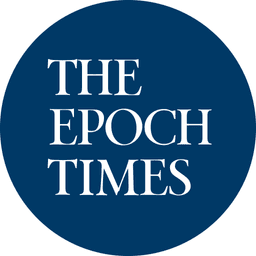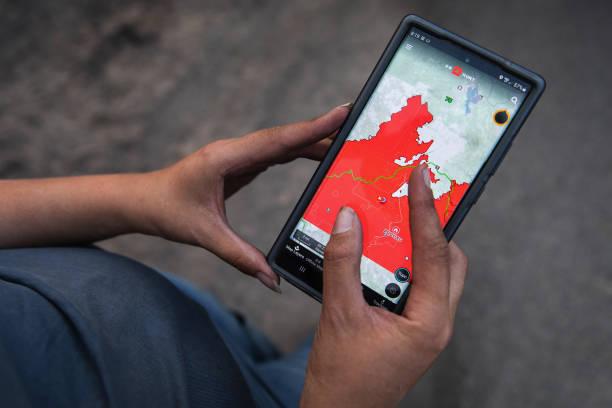The language skills of Chinese Australians are underused in Australia’s public service as the country faces an increasingly complex relationship with China, according to a Lowy Institute report released on Monday.
Only 2.6 percent of Australian public service employees had Chinese heritage, compared to 5.6 percent of the general Australian population, and only 2.2 percent of strategic policy roles, including the ones developing Australia’s policies on China, are filled by Australians with Chinese heritage.





